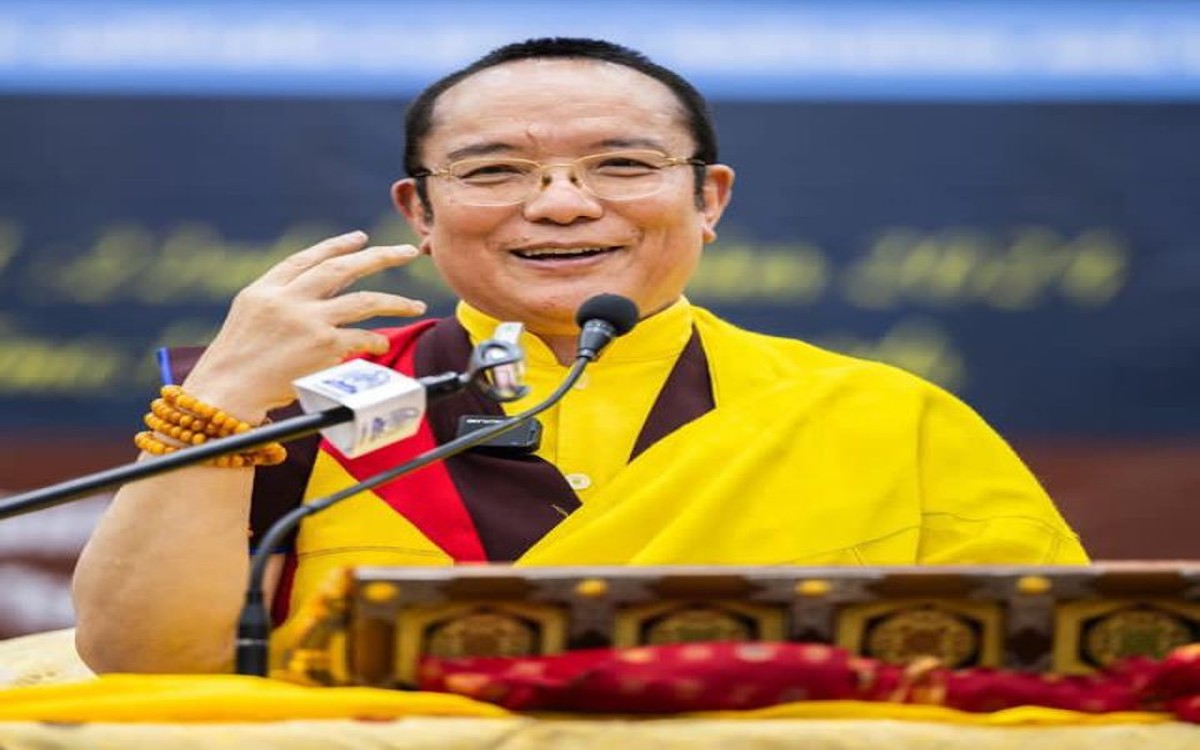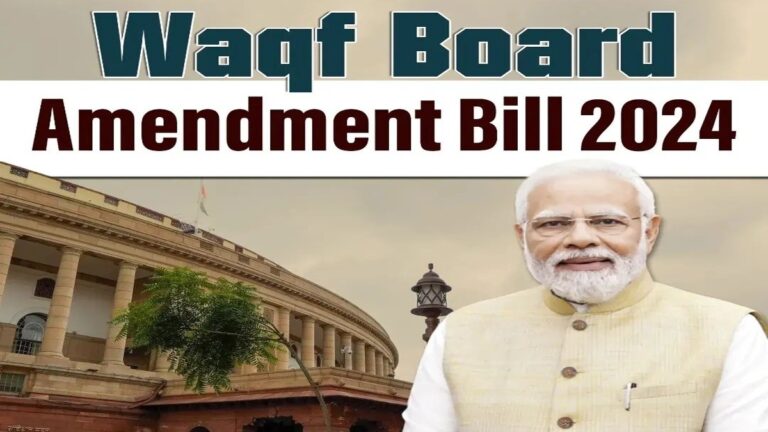Pema Khandu
Pema Khandu is a name that resonates with the aspirations and dreams of the people of Arunachal Pradesh, a northeastern state of India known for its breathtaking landscapes, diverse cultures, and complex geopolitical significance. As the Chief Minister of Arunachal Pradesh, Khandu stands at the intersection of tradition and modernity, steering the state through the challenges of economic development, cultural preservation, and political intricacies. This article explores Pema Khandu’s journey, leadership style, political vision, and the evolving landscape of Arunachal Pradesh under his stewardship.
Early Life and Background:
Pema Khandu was born on August 21, 1979, in Tawang, a region nestled in the lap of the Himalayas. The region, famous for the Tawang Monastery and its Buddhist heritage, has deeply influenced Khandu’s upbringing. His father, Dorjee Khandu, was a prominent leader who served as the Chief Minister of Arunachal Pradesh before his untimely death in a helicopter crash in 2011. Pema Khandu was thrust into the political spotlight following this tragic event, stepping into his father’s shoes at a young age.
Khandu’s educational background, combined with the experience he gained from closely observing his father, laid the foundation for his political career. He holds a degree from Delhi University, which provided him with exposure to the broader political landscape of India. However, despite his relatively privileged upbringing and education, Khandu’s deep connection to his state’s tribal communities and grassroots politics has remained a key aspect of his identity.
Political Career:
Pema Khandu’s formal political journey began in 2011 when he was elected unopposed to the Arunachal Pradesh Legislative Assembly from the Mukto constituency, a seat previously held by his father. His political rise was swift, partly due to his family’s legacy, but also because of his pragmatic approach to governance. Khandu was appointed the Minister of Tourism, a critical portfolio given the state’s vast potential in attracting domestic and international tourists.
His initial years in politics were marked by his efforts to boost tourism, improve infrastructure, and promote Arunachal Pradesh’s rich cultural heritage. The state’s tourism sector is seen as a potential driver for economic growth, given its scenic beauty, biodiversity, and adventure tourism opportunities. Khandu’s tenure as Tourism Minister saw increased efforts to promote Arunachal Pradesh as an eco-tourism destination, preserving its natural beauty while creating opportunities for local communities.
Chief Ministerial Tenure:
Pema Khandu became the Chief Minister of Arunachal Pradesh in 2016, at the age of 37, making him one of the youngest leaders to assume this position in India. His rise to the top came at a time of political instability in the state. Arunachal Pradesh had seen a series of leadership changes, internal party conflicts, and shifting alliances, with Khandu himself initially being part of the Indian National Congress (INC) before joining the Bharatiya Janata Party (BJP). His transition to the BJP marked a significant political shift in the state, aligning Arunachal Pradesh more closely with the national party ruling at the center.
Khandu’s leadership is often characterized by his pragmatic approach to development, focusing on key areas such as infrastructure, connectivity, education, healthcare, and employment generation. His government has actively worked towards improving road connectivity in the state, which is crucial given the state’s difficult terrain and proximity to international borders, including China. The Trans-Arunachal Highway project, a major initiative, aims to connect various parts of the state, providing a lifeline for economic development and improving access to remote areas.
Economic Development and Infrastructure:
Arunachal Pradesh, being one of the most remote and underdeveloped states in India, has historically struggled with issues like lack of infrastructure, poor connectivity, and limited economic opportunities. One of Pema Khandu’s primary focuses has been to address these challenges head-on.
Khandu’s administration has worked in close collaboration with the central government to expedite several infrastructure projects, including highways, bridges, and airports. The construction of the Greenfield Hollongi Airport, which will provide direct connectivity between the state capital, Itanagar, and other major Indian cities, is a landmark achievement in Khandu’s tenure. This airport is expected to boost tourism, trade, and investment in the region.
Moreover, under Khandu’s leadership, there has been a significant push to harness Arunachal Pradesh’s vast hydroelectric potential. With numerous rivers flowing through the state, Arunachal Pradesh has been identified as a potential powerhouse for hydroelectricity in India. However, large-scale dam projects have also been met with concerns about environmental degradation and displacement of local communities. Khandu has sought to balance development with sustainability, advocating for renewable energy projects while also addressing local grievances.
Focus on Education and Healthcare:
Recognizing that human capital is as important as physical infrastructure, Khandu’s government has made considerable investments in improving the state’s education and healthcare sectors. The establishment of new educational institutions, such as colleges and vocational training centers, aims to equip the youth of Arunachal Pradesh with the skills needed to participate in the modern economy. Additionally, there have been efforts to promote digital literacy and e-governance in the state, helping bridge the digital divide in this remote region.
Healthcare has also seen significant attention under Khandu’s leadership. The state’s healthcare infrastructure has historically been underdeveloped, with many remote areas lacking access to basic medical facilities. Khandu’s government has sought to address this through the construction of new hospitals, health centers, and mobile medical units. Additionally, the COVID-19 pandemic underscored the importance of a robust healthcare system, and Khandu’s administration worked to ensure the availability of vaccines, oxygen supplies, and healthcare personnel during the crisis.
Cultural Preservation and Tribal Identity:
Arunachal Pradesh is home to a rich mosaic of tribes, each with its own distinct culture, language, and traditions. Pema Khandu, as a leader from the Monpa tribe, has always emphasized the importance of preserving this cultural diversity. His government has actively supported initiatives to promote and protect the state’s tribal heritage, including festivals, art forms, and traditional knowledge systems.
However, one of the most challenging aspects of leading a culturally diverse state like Arunachal Pradesh is managing the delicate balance between development and the preservation of indigenous identities. Khandu has faced criticism from some quarters for promoting projects that could disrupt traditional ways of life, particularly in terms of large-scale infrastructure and energy projects. Nevertheless, he has consistently advocated for inclusive development that benefits all sections of society, while also respecting the rights and aspirations of tribal communities.
Political Stability and Governance:
Khandu’s tenure as Chief Minister has been marked by a relative period of political stability, especially when compared to the tumultuous years preceding his rise to power. One of his key achievements has been maintaining harmony between different political factions and ensuring that governance remains focused on development rather than political infighting.
The political stability in Arunachal Pradesh is also linked to Khandu’s decision to join the BJP, which has provided him with strong backing from the central government. This has allowed his administration to secure funding for various development projects and initiatives. However, his switch from the Congress to the BJP has also attracted criticism, with some accusing him of opportunism. Nevertheless, Khandu has defended his decision by stating that aligning with the BJP has allowed him to better serve the interests of his state.
Geopolitical Significance and Border Issues:
Arunachal Pradesh shares a long and sensitive border with China, which claims the entire state as part of its territory. This makes the state geopolitically significant, and Pema Khandu’s leadership has to constantly navigate the complexities of border security and diplomacy. While India has consistently rejected China’s claims, the border dispute remains a source of tension between the two countries.
Khandu has been a vocal advocate for strengthening infrastructure and security along the border. His government has worked closely with the Indian military and border security forces to ensure that Arunachal Pradesh remains well-defended. Additionally, the construction of strategic roads and bridges in border areas has been a priority for Khandu’s administration, both for civilian use and for enhancing military logistics.
Challenges and Criticism:
Despite his many achievements, Pema Khandu’s leadership has not been without its challenges and controversies. One of the primary criticisms he faces is related to balancing development with environmental sustainability. Arunachal Pradesh, with its rich biodiversity and fragile ecosystems, is vulnerable to environmental degradation caused by infrastructure projects and hydroelectric dams.
Khandu has also been criticized for the slow pace of some development projects, particularly in the areas of healthcare and education. While progress has been made, many rural areas still lack access to basic services, and the state’s Human Development Index (HDI) remains relatively low compared to other Indian states.
Additionally, the issue of corruption has been a longstanding concern in Arunachal Pradesh’s politics. Although Khandu has made efforts to improve transparency and governance, there have been allegations of corruption and nepotism within his administration. These accusations have occasionally led to public discontent and protests.
Vision for the Future:
Looking ahead, Pema Khandu’s vision for Arunachal Pradesh is one of inclusive and sustainable development. He envisions a state where economic growth is balanced with environmental preservation, where tribal identities are celebrated and protected, and where the youth are empowered to lead the state into a new era of progress.
Khandu’s government has outlined several ambitious plans for the future, including expanding road and air connectivity, boosting the state’s agricultural and horticultural sectors, and promoting Arunachal Pradesh as a premier tourism destination. Additionally, there are plans to further develop the state’s education and healthcare infrastructure, ensuring that all citizens have access to quality services.
Conclusion:
Pema Khandu stands at


















Thanks for sharing your knowledge on this topic. It’s much appreciated.